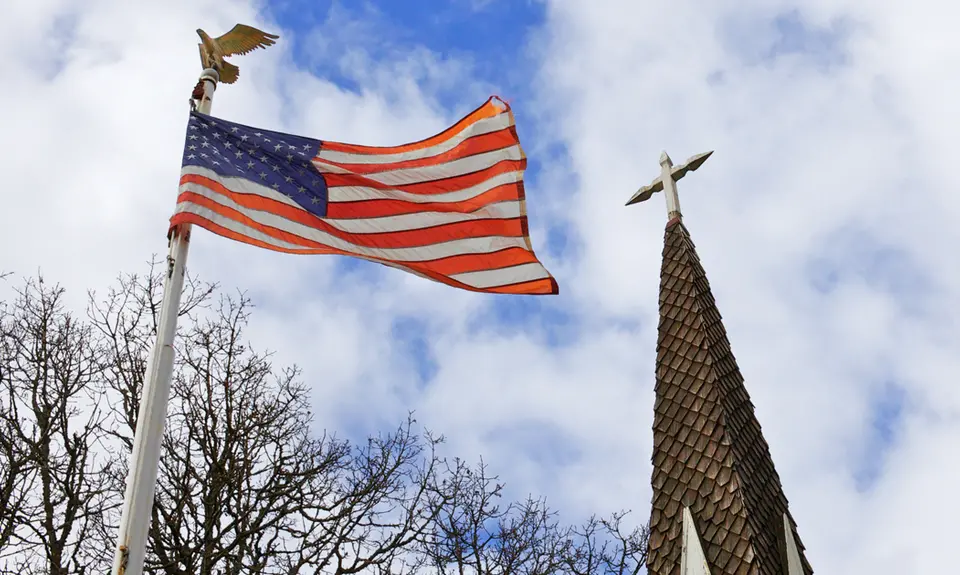On February 2, 2017, President Trump spoke at the National Prayer Breakfast and pledged to "destroy" the Johnson Amendment, which helps keep politics from overtaking the pulpit by prohibiting churches and other nonprofits from getting directly involved with political campaigns while still maintaining critical free speech rights. In 2018, People For the American Way and PFAW's African American Ministers In Action continue to support the Johnson Amendment and oppose efforts by Trump and Congress to weaken or repeal it:
Dear Chairman Frelinghuysen and Ranking Member Lowey:
The 145 undersigned organizations write to strongly oppose the language in Section 112 of the House 2019 Financial Services and General Government Appropriations bill. This provision would make it effectively impossible for the Internal Revenue Service (IRS) to enforce a long-standing federal law, sometimes referred to as the Johnson Amendment, insofar as it applies to houses of worship.
The Johnson Amendment protects the integrity of 501(c)(3) tax-exempt organizations, including houses of worship, by ensuring they do not endorse or oppose candidates. Weakening current law would allow politicians and others seeking political power to pressure churches for endorsements, dividing congregations, and opening them up to the flow of secret money. Americans do not want our charitable nonprofits, houses of worship, and foundations to be torn apart by partisan campaign politics. We must keep this valuable safeguard that protects our houses of worship, our charitable organizations, and our political process.
Under the current law, which has been in place for the last six decades, houses of worship have maintained robust free speech rights and can speak out on any political and social issues that they see as important. They currently can engage in public debate on any issue, host candidate forums, hold voter registration drives, encourage people to vote, help transport people to the polls and even, with a few boundaries, lobby on specific legislation and invite candidates to speak. They simply cannot endorse or oppose candidates for public office and maintain their special tax-exempt status.
Section 112 would make it very difficult for the IRS to investigate claims that churches have violated the law by requiring consent from the IRS Commissioner for each investigation and notification to two committees in Congress before such investigations commence. The first requirement would slow down, if not functionally halt, the pursuit of 501(c)(3) violations, while the second would only further politicize these law-enforcement investigations.
Additionally, although the current law applies to all 501(c)(3) tax-exempt nonprofit organizations, Section 112 in the Financial Services and General Government appropriations bill would apply only to houses of worship. By giving houses of worship special treatment in the enforcement of IRS restrictions on intervention in political campaigns, the amendment raises serious concerns under the Establishment Clause of the First Amendment to the U.S. Constitution and undermines religious freedom.1
Opposition to the repeal or weakening of the Johnson Amendment is overwhelming: 106 religious and denominational organizations,2 more than 5,800 charitable nonprofit organizations,3 more than 4,500 faith leaders,4 and state charities officials5 have all written to Congress to urge it to protect the Johnson Amendment.
We firmly urge you to remove Section 112 because it would weaken the law that protects houses of worship and other charitable nonprofits.
We plan to reissue this letter as developments warrant:
- 7/16/18: Sent to the House Rules Committee regarding the FY19 Financial Services & General Government and Interior & Environment funding package
